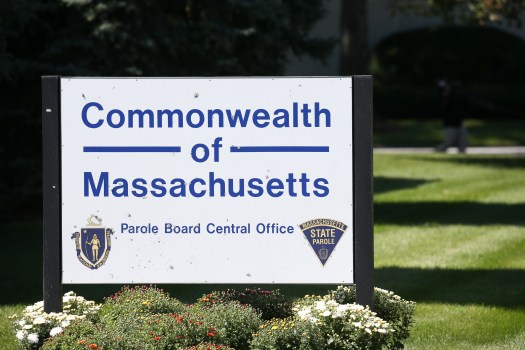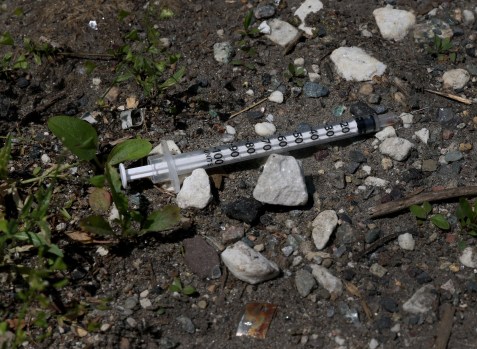According to parole boards, good and evil do not exist. There are just actions.
In 1978, a man named Gary Moody committed the horrible acts of raping and attacking a woman who was cognitively impaired. He beat her and kicked her. He cut her throat with a knife.
However, professionals like Moody who assess prisoners psychologically don’t use the word “heinous.” However, trauma would be.
After his actions resulted in a nearly month-and-a-half hospital stay, that’s what Moody’s victim was left with. She suffered several bruises and cuts on her face and head, two black eyes, a fractured nose, and a laceration of the throat that penetrated her esophagus and windpipe.
The trauma, the internal psychological damage? Recovering from such a vicious assault is a difficult task, and it frequently takes decades to resolve. It’s not a given every time.
In their assessments, parole board specialists overlook that. The victims’ life-altering trauma is not included in their analysis of the psychology, triggers, and contributing elements of rapes, assaults, and murders.
In Moody’s case, the Board took into account Alex Piaget, LICSW’s release plan and Dr. Powers’ psychological assessment. According to Dr. Powers, Mr. Moody has addressed the circumstances that led to his criminal actions, the board wrote. His requirements will be met by his release plan. The Board took into consideration testimony in favor of parole from Ms. Piaget LICSW and a friend of Mr. Moody.
What about his victim’s needs? Loved ones bear the anguish and the new wound of Moody’s release even though she is no longer among us.
After an initial hearing in 1993 and subsequent review hearings in 1996, 1999, 2004, 2009, 2014, and 2019, parole had been denied.
According to the parole board, Moody has not had any disciplinary reports since 1995 and has been sober since 1986.
That’s all very well, but how can that negate the events of 78? When did you commit the crime, and does it continue until you change your lifestyle for the better?
The 78-year-old Moody has continued to face serious health problems, the board stated. After he sliced her throat and beat her, his victim did the same.
Law enforcement personnel advocate for victims of crime while they pursue justice, so they are not entirely voiceless.
According to a statement from the Norfolk District Attorney’s Office, the office has fought Gary Moody’s release in hearings over the past thirty years and opposed his parole at one in March.
They batted once more.
According to the board, it also took into account Michael McGee, the Norfolk County ADA, who testified against parole.
Their voice was not heard this time.
The Board comes to the conclusion that Gary Moody has shown enough progress toward rehabilitation that his release would be in line with the interests of society.
Crime and punishment are no longer relevant. Victims be damned, it’s about crime and meeting the wants of the criminal.












